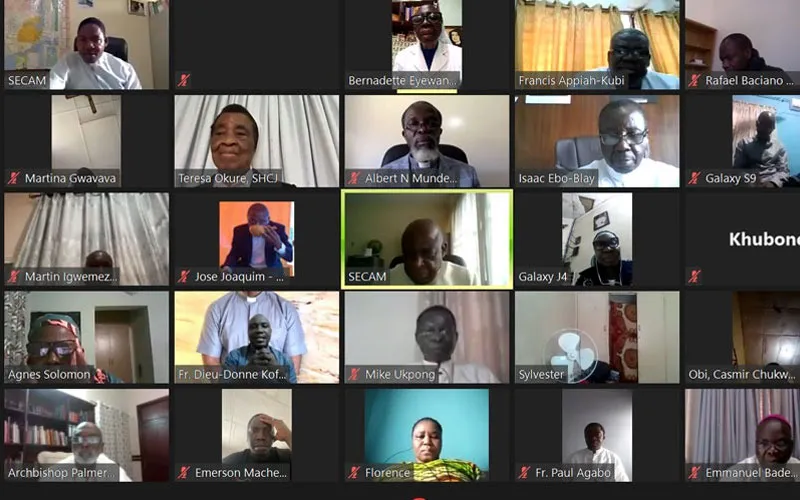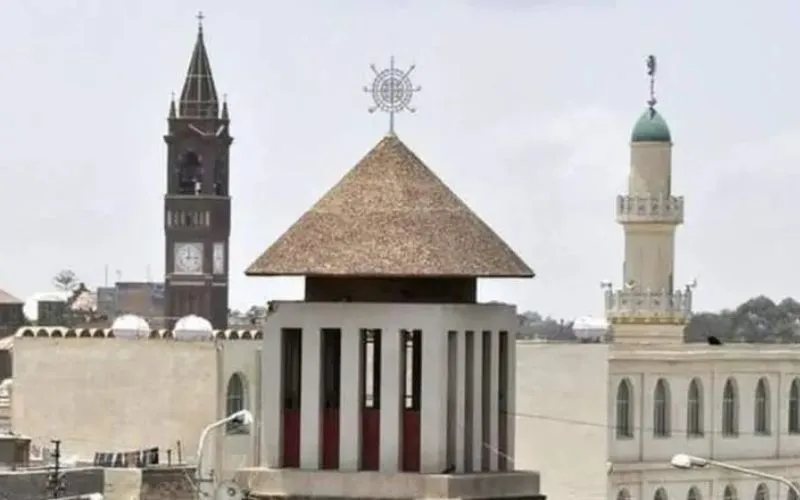“The Kampala document is to help us first to identify the initiatives and activities undertaken in favor of the Church family of God in Africa, at the personal level, at the family level, parochial, diocesan, national, regional, and even continental levels,” the Ghanaian Cleric added during the virtual event that is part of 2021 SECAM Day celebration.
SECAM Day commemorates the official launch of the Symposium of Catholic Bishops in Africa in July 1969 by Pope Paul VI in Uganda’s capital, Kampala. This was the first visit of a Pope to Africa in modern times.
SECAM Day is considered an important event for the Church in Africa because it offers an opportunity for the faithful on the continent to contribute toward sustaining the activities of the common forum of Catholic Bishops in Africa.
Established in July 2013, during SECAM’s 16th Plenary Assembly, SECAM Day is also important because it provides an opportunity for all members of the Family of God in Africa and the surrounding Islands to pray for and identify with SECAM.
Last year, the Secretary General of SECAM, Fr. Terwase Henry Akaabiam highlighted the importance of the SECAM Day.
In his 11 July 2020 letter addressed to the Secretaries General of the eight regional Conferences of Catholic Bishops in Africa, Fr. Akaabiam invited the people of God in Africa to support the initiative saying, “Normally, 29th July of every year is SECAM Day. When 29th July falls on a weekday, SECAM Day is celebrated on the following Sunday, and the collection is taken for the purpose.”
In his goodwill message to the People of God ahead of the 2020 SECAM Day, the President of SECAM, Philippe Cardinal Ouédraogo announced the deferment of the annual collection.
Cardinal Ouédraogo stated, “Following the challenges posed by the coronavirus pandemic at the moment, we have opted to defer the special SECAM collection for this year. But if any person or group of people are moved by the Holy Spirit to support SECAM financially or materially, you are welcome to do so.”
This year, the Eucharistic celebration to mark SECAM Day has been slated for next week, Thursday, July 29, to be presided over by the President of SECAM, Philippe Cardinal Ouédraogo, and on Sunday, August 1, in Parishes across Africa.
In his presentation during this year’s virtual event on July 22, Fr. Appiah noted that the KD helps the people of God in Africa “to acknowledge the progress made as the Church family of God and how do we in our parishes, religious congregations be and react as the Church family of God.”








